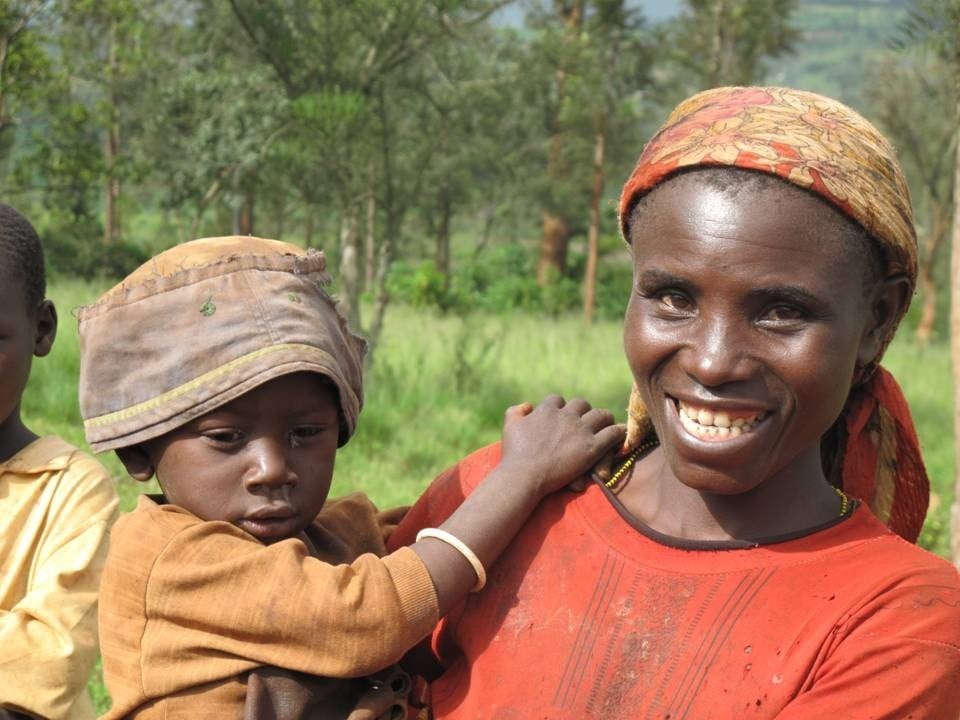
UN Permanent Forum on Indigenous Issues – MRG’s statement on Indigenous women’s maternal health
UN Permanent Forum on Indigenous Issues (2018)
Agenda Item 4 – Implementation of the six mandated areas
Madame Chair, distinguished delegates,
Minority Rights Group has worked alongside Health Poverty Action in support of UNFPA, UNICEF and UN Women to produce their new Fact Sheet on Indigenous Women’s Maternal Health.
MRG has long advocated for the full disaggregation of data concerning indigenous peoples’ access to essential services, including health care. Data disaggregation is vital to identify and measure disparities, and ensure equal access to health services by indigenous women and girls.
Entering into the project, we knew that there was a real lack of disaggregated data, but we were frankly dismayed by how little there is available.
The starting point were the published reports from the two most recent rounds of the UNICEF-funded Multiple Indicator Cluster Surveys, and the US AID-funded Demographic and Health Surveys. Only 27 of the reports included an analysis of the collected ethnicity data. In only 8 did the ethnicity data tell us anything about indigeneity. We then analysed a further 8 surveys, where for instance language could be used as a reliable indicator of indigenous identity. For the 16 surveys we could analyse, the results are stark. On average, indigenous women are over three times more at risk of not accessing antenatal care.
There are many barriers including outright racism, culturally inappropriate treatment at clinics, as well as lack of investment in health services in areas where indigenous communities live.
Indigenous women themselves emphasise that a truly holistic approach is needed to indigenous maternal health – recognising that factors such as land-grabbing, resource extraction and pollution have very significant negative consequences as well.
What then needs to be done?
- Indigenous women need to be fully involved in the design and conduct of health surveys, which must be carried out in ways appropriate to the indigenous communities being surveyed.
- Questions must offer every possibility of self-identification, while at the same time ensuring confidentiality and the security of those answering.
- A serious commitment to data disaggregation by governments, international agencies and donors must be made. Adequate resources must be invested to ensure that all indigenous communities are properly surveyed.
- The results must be disseminated in ways that are relevant to indigenous communities, so that they can participate effectively in decision-making concerning indigenous maternal health.